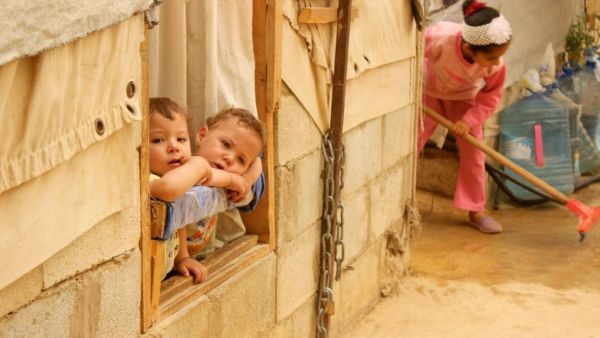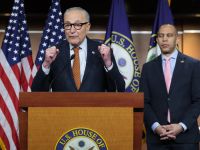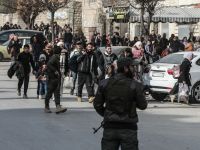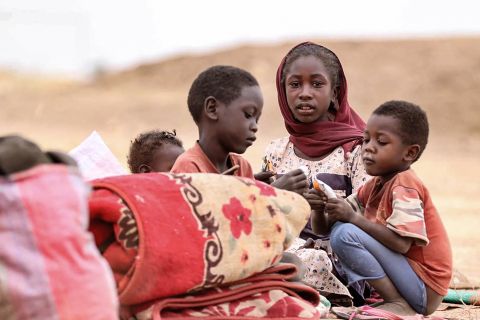The World Bank renewed its commitment to support Lebanon over the next three years as the amount of grants and loans earmarked to this country will reach over $1.5 billion, World Bank Director for the Middle East and North Africa Ferid Belhaj said. "Over the coming three years, we will surpass $1.5 billion with our ongoing portfolio for Lebanon including grants provided by the multi-donor trust fund," he told reporters during a news conference at the World Bank offices to launch the new Country Partnership Framework for Lebanon for the period 2017-22.
Belhaj said the international community is keen on helping Lebanon overcome challenges imposed by the Syrian crisis and other internal issues such as institutional weaknesses.
"The international community understands the plight of Lebanon and it will not relent until the country moves on with sustainable growth while ensuring the institutions' capabilities of achieving the country's ambitions," he said.
Belhaj added that both Lebanon and Jordan have been subjected to the impact of the Syrian crisis on their societies, and economic and political dynamics.
Both countries are turning to the international community because they have been offering services that are beneficial to the global public good by hosting incredible numbers of refugees.
"In spite of the various insufficiencies in Lebanon when it comes to the institutions' weaknesses, the country has been capable of moving forward with the huge number of Syrian refugees on its territories," he said.
However, he added, Jordan has been capable of dealing with this crisis in a better way than Lebanon. "Each country is dealing with the crisis given its own dynamics."
He added that institutional fragility and weakness needs to be managed and dealt with through great involvement and engagement by the international community to minimize the repercussions of this crisis.
For her part, Mouna Couzi, World Bank country operations officer for Lebanon, said that CPF aims at mitigating immediate and potentially long lasting impact of the Syrian crisis on Lebanon while strengthening state institutions and addressing existing vulnerabilities in addition to bolstering efforts on longer term development challenges.
CPF focuses on two main areas. The first, she explained, is to expand access to quality service delivery by improving water supply services in Greater Beirut, reducing hazardous and wastewater pollution, improving access to quality infrastructure and public transportation services and improving capacity of central and local governments to provide basic services to communities hosting Syrian refugees.
She said that the second focus of CPF is on the expansion of economic opportunities and the increase of human capital by improving private investment environment, improving access to finance and the delivery of education and health services in addition to strengthening safety net for the poorest Lebanese.
Couzi said that the World Bank's engagement in Lebanon will take place by focusing on four main principles including selectivity by strategically seizing new opportunities.
Another principle, she explained, is flexibility to enable the World Bank to remain alert to the fluidity of the situation in the country and the region while being capable of making changes when opportunities arise.
She added that the World Bank will continuously collaborate with donors in addition to making sure that it achieves results from operations that have been approved by the Parliament and Cabinet.
From his side, Mouayed Makhlouf, Internal Finance Corporation regional director for the MENA region, said that Lebanon received the smallest investments made by IFC in the MENA region due to the huge challenges facing the private sector in the country and mainly when it comes to infrastructure. "However, Lebanon received the largest amount of support from IFC in the MENA region in the area of trade finance."
He added that IFC was capable to achieve a lot more projects in Jordan especially in renewable energy.
Alain Bifani, director general of the Finance Ministry, said that the World Bank has been extremely understanding and responsive to the situation in Lebanon throughout the past years.
By Dana Halawi









